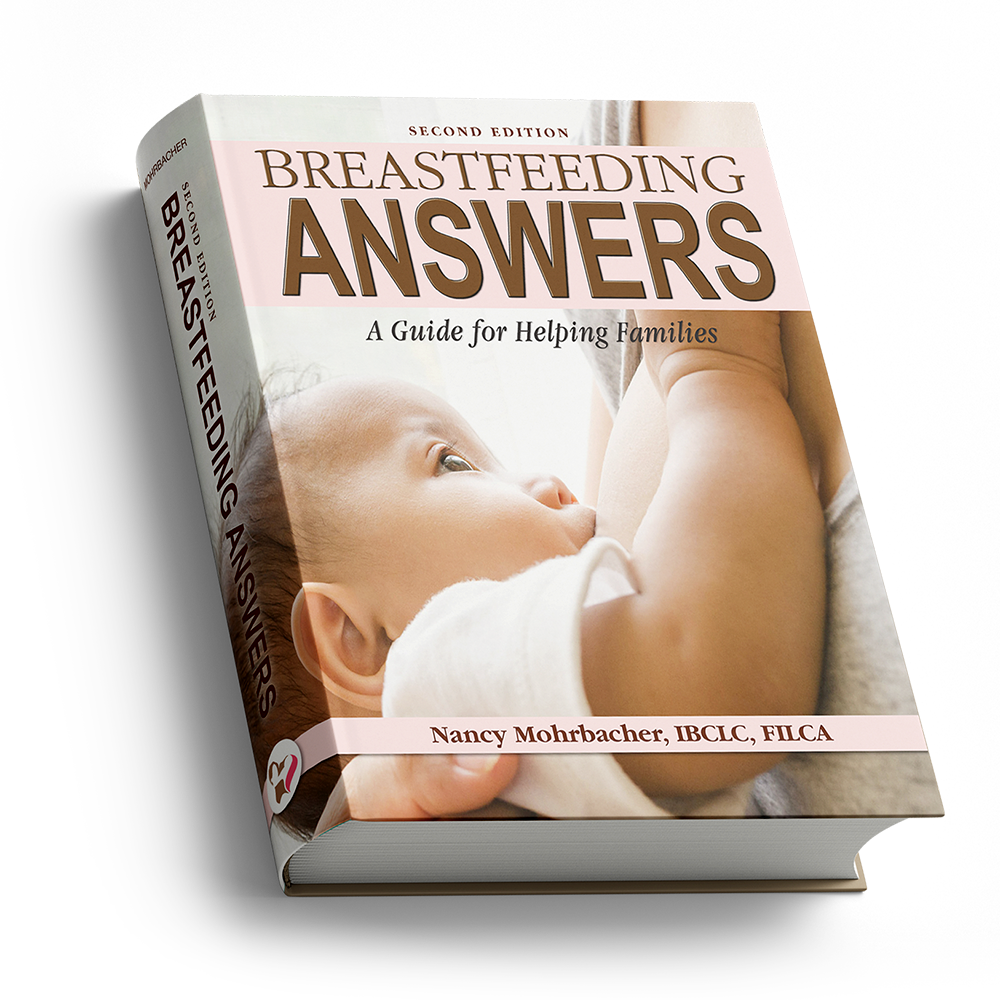Is Infant Feeding Really a Choice?
/Many of us talk about breast or bottle as a choice. I used to think that way, too. But I’m beginning to see it differently.
On November 1, I had the privilege of speaking to a group of amazing and inspiring British women who work with breastfeeding mothers as peer counselors. The night before this talk in West Bromwich, England I stayed with Anne, one of the Training Coordinators of La Leche League of Great Britain’s Peer Counsellor Programme (LLLGB/PCP).
Anne told me a story I will never forget. It began when Anne’s son’s partner, Kelly, moved into her home while pregnant with her second child. Kelly became involved with Anne’s son during this pregnancy, so her unborn baby was not Anne’s biological grandchild.
Kelly had bottle-fed her first child and was planning to do the same again. In preparation, she bought a sterilizer and an array of feeding bottles, which one day Anne came home to find covering her kitchen counter. Knowing that many young mothers would be coming there for breastfeeding help, she asked Kelly to keep her purchases on a shelf out of view. Anne was concerned about giving one message with her words and another with the obvious bottle-feeding paraphernalia. Kelly did not really understand Anne’s concern (in Kelly’s mind babies, bottles, and sterilizers all just went together), but she agreed.
After her baby was born, surprise! Kelly gave birth in a Baby-Friendly hospital where after delivery all newborns are placed skin-to-skin with their mothers. When this happened, Kelly’s baby crawled up and attached to her breast. Kelly responded, “Well, I guess she’s breastfeeding after all.” She went on to exclusively breastfeed and nursed her for several years. No doubt her exposure to Anne and the breastfeeding mothers she met helped Kelly make breastfeeding a reality.
When the baby was about a week old, Kelly said to Anne, “Why don’t they tell you about breastfeeding? It’s easy, isn’t it? If I’d known that, I would’ve done it before.” She had only ever thought of breastfeeding as hard work and a source of problems. Then Anne asked Kelly something she’d been wondering for a while: “Why did you choose to formula feed your first baby?” Kelly’s response startled her: “I didn’t choose. I just did what I thought you did to feed babies. It was not a choice as such. I didn’t think of it that way.”
Kelly had only ever seen babies bottle-fed. She didn’t know anyone who had breastfed and she knew nothing about it. To Kelly, feeding babies by bottle was just how it’s done. Asking her to consider breastfeeding would have felt to her like asking her to perform surgery or argue a legal case in court. She knew some people did those things but definitely not her.
Anne has a special interest in how a mother’s confidence in breastfeeding builds and often asks new mothers when they really began to feel like a breastfeeding mother. According to Anne, some mothers raised in breastfeeding families see themselves as breastfeeding mothers even before becoming pregnant and giving birth. In Kelly’s case, it took about a week. For others it takes a few weeks or even months of breastfeeding. Anne has noticed that once “breastfeeding mother” becomes part of a woman’s self-image, she is unlikely to let breastfeeding problems get her way. Some term this phenomenon “breastfeeding self-efficacy,”1 which is really just how much confidence a mother has that breastfeeding will work for her. Not surprisingly, greater breastfeeding self-efficacy has been associated with longer duration of breastfeeding, even in cultures where fewer women breastfeed.2
What can we do to enhance mothers’ confidence in breastfeeding? Physician Christina Smillie describes one way as “oozing confidence in the process.” Most breastfeeding advocates do this naturally. Showing mothers tricks that make breastfeeding easier is another. Contact with other breastfeeding mothers--either one-on-one or in support groups--is a big one. Spending time with mothers who enjoy breastfeeding has a major impact, as does their encouragement.
The wonderful women I met in West Bromwich, England do this every day in their role as peer counselors. It felt good to thank them personally for the important work they do.
References
1Dennis, C.-L. Theoretical underpinnings of breastfeeding confidence: A self-efficacy framework. J Hum Lact 1999; 15(3):195-201.
2McCarter-Spaulding, D. and Gore, R. Breastfeeding self-efficacy in women of African descent. JOGNN 2009; 38(2):230-43.





